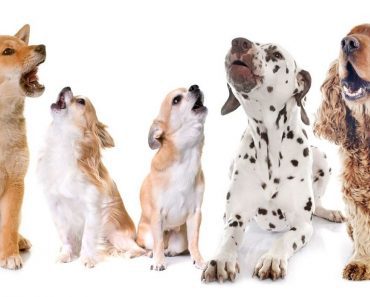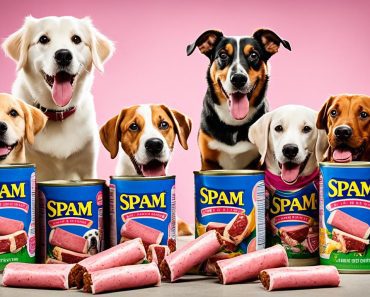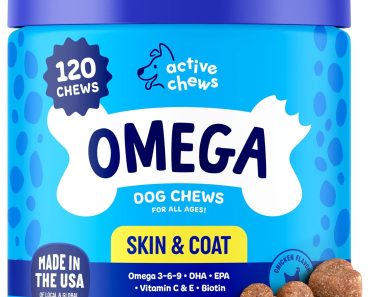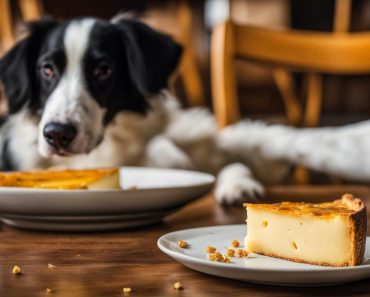Giving our furry friends treats from our own meals can be tempting, but it’s important to consider their specific dietary needs. One common question many dog owners have is, “Can dogs eat cornbread?”
While cornbread is a popular dish enjoyed by humans, it may not be the safest or healthiest option for our canine companions. Although dogs can technically eat cornbread, it should be given in moderation and with caution.
Can Dogs Eat Cornbread? Yes, but should be given in moderation.
- Cornbread can be harmful to dogs if consumed in large quantities or on a regular basis.
- The ingredients in cornbread, such as wheat, cornmeal, sugar, salt, and butter, can cause allergic reactions, digestive issues, and weight gain in dogs.
- Dogs with specific health conditions, such as diabetes or gluten sensitivity, should avoid consuming cornbread.
- If your dog accidentally eats cornbread, monitor their behavior for any signs of discomfort or illness and contact your veterinarian if necessary.
- Always consult with your vet before including cornbread or any new food item in your dog’s diet.
What Is Cornbread?
Cornbread is a delicious type of bread that has a rich history and is loved by many. It is made with cornmeal as one of its main ingredients, giving it a unique flavor and texture. Originating in Native American cuisine, cornbread has become an iconic dish in the Southern United States.
Cornbread can be prepared in various forms, such as muffins and cakes, depending on personal preference. The recipe typically includes cornmeal, flour, sugar, salt, baking powder, butter, eggs, and milk. These ingredients work together to create a crumbly and moist texture that pairs perfectly with savory dishes or can be enjoyed on its own as a snack.

Over time, cornbread recipes have evolved, incorporating additional ingredients to enhance the flavor. Some variations include adding cheese, jalapenos, or bacon to the batter. This allows for endless possibilities and allows people to tailor the cornbread to their liking.
Cornbread has become a staple in many households and is often served as a side dish with meals like chili, barbecue, or fried chicken. Its versatility and comforting taste make it a favorite among both adults and children.
Now that we’ve explored what cornbread is and its ingredients, let’s dive deeper into the topic of cornbread and dogs in the next section.
Can Dogs Eat Cornbread?
Dogs can technically eat cornbread, but it is not the healthiest or best food for them. Cornbread contains ingredients that can be harmful to dogs, such as wheat, cornmeal, sugar, salt, and butter. These ingredients can cause allergic reactions, digestive issues, and weight gain in dogs.
It is important to feed cornbread to dogs in moderation and only if they do not have any existing health conditions or allergies. If you are unsure if your dog can eat cornbread, it is best to consult with your veterinarian.
If you decide to give your dog cornbread, make sure it is made with wholesome ingredients and served in small portions. Dogs have different digestive systems than humans, and foods that are safe for us may not necessarily be safe for them.
While some dogs may tolerate cornbread without any issues, others may experience discomfort or adverse reactions. Monitoring your dog’s behavior and overall health after they eat cornbread is crucial.
It’s important to note that dogs’ digestive systems are different from ours, and their bodies may not be able to process certain ingredients found in cornbread. Wheat, cornmeal, and other grains can be challenging for dogs to digest, potentially leading to stomach upset, gas, or diarrhea.
Furthermore, the high sugar and salt content in cornbread can be detrimental to their health and contribute to obesity and other health issues.
- Feeding cornbread to dogs should be done in moderation and only as an occasional treat.
- Avoid giving cornbread to dogs with specific health conditions or allergies, such as diabetes or gluten sensitivity.
- If you notice any allergic reactions or digestive issues in your dog after consuming cornbread, it is crucial to seek veterinary advice.
- Always prioritize a well-balanced and species-appropriate diet for your furry friend.
Remember, the well-being of our canine companions should always come first. While cornbread may seem like a harmless and tempting treat to share, considering the potential risks and health implications is essential. If you’re unsure about feeding cornbread to your dog, consult with your veterinarian for personalized advice.
Now, let’s explore some of the specific risks associated with feeding cornbread to dogs in the next section.
Risks of Feeding Cornbread to Dogs
Feeding cornbread to dogs can pose several risks. The ingredients in cornbread, such as wheat, cornmeal, sugar, salt, and butter, can cause allergic reactions, digestive issues, and weight gain in dogs. Dogs may experience symptoms like vomiting, diarrhea, upset stomach, and loss of appetite after eating cornbread.
The high carbohydrate and sugar content of cornbread can also contribute to weight gain and obesity in dogs. Additionally, cornbread may contain toxic ingredients like onions, garlic, or raisins. It is important to be cautious and monitor your dog for any adverse reactions if they consume cornbread.
If your dog experiences an upset stomach or diarrhea after eating cornbread, it could be due to the ingredients mentioned above. Cornbread is not easily digested by dogs, which can lead to gastrointestinal issues. Dogs with pre-existing food allergies or sensitivities may be especially susceptible to these problems.
Moreover, cornbread is often made with added seasonings that are harmful to dogs, such as onion powder or garlic powder. These ingredients can be toxic and cause serious health issues in dogs.
To ensure the health and wellbeing of your canine companion, it is best to avoid feeding them cornbread. Instead, opt for healthier alternatives that are specially formulated for dogs. There are many dog-friendly treats and biscuits available in pet stores that are both delicious and safe for your furry friend.
If you suspect that your dog has consumed cornbread or is experiencing any adverse symptoms after eating it, it is crucial to seek veterinary assistance. Your veterinarian can provide proper guidance and recommend appropriate treatments based on your dog’s specific condition.
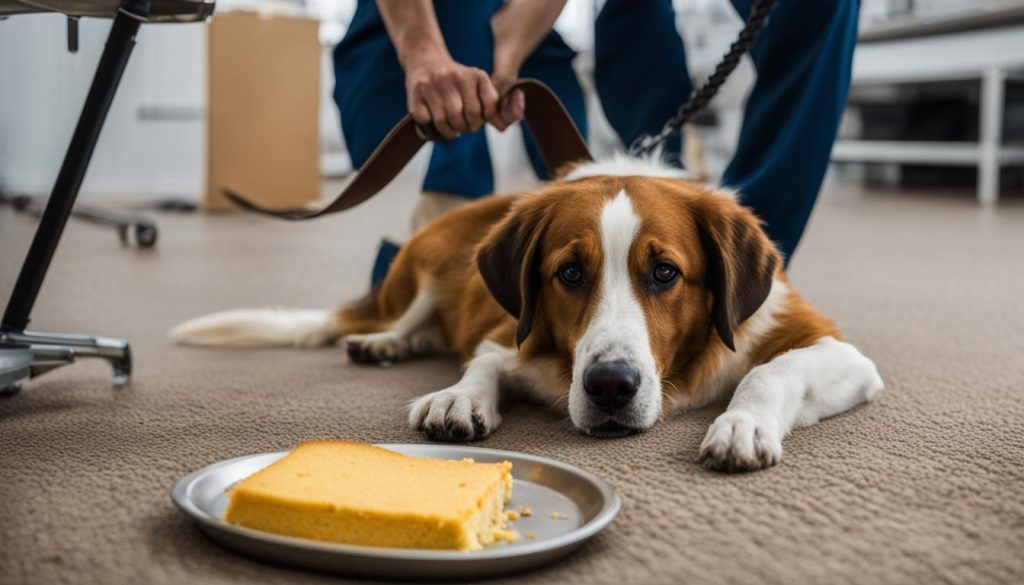
Conclusion
While dogs can technically eat cornbread, it is important to exercise caution and moderation. Cornbread contains ingredients that can be harmful to dogs, including wheat, cornmeal, sugar, salt, and butter.
These ingredients can lead to allergic reactions, digestive issues, weight gain, and other health problems in dogs. Therefore, it is crucial to check the ingredients of the cornbread and avoid giving it to dogs with specific health conditions or allergies.
If you do decide to give your dog cornbread, opt for recipes that use wholesome ingredients and serve it in small portions. Always keep a close eye on your dog for any signs of discomfort or illness after they consume cornbread and contact your veterinarian if needed. Remember, cornbread should only be an occasional treat and should not be a regular part of your dog’s diet.
While dogs can eat cornbread, it is best to prioritize their overall health and well-being by opting for dog-friendly treats and foods specifically formulated for their nutritional needs. When it comes to cornbread, it’s better to be safe than sorry and choose alternatives that are both tasty and safe for your furry friend.

